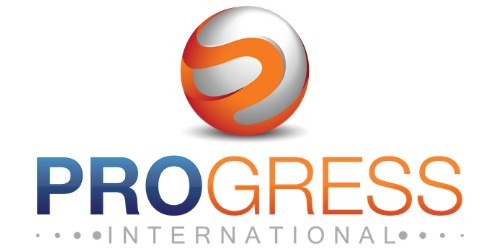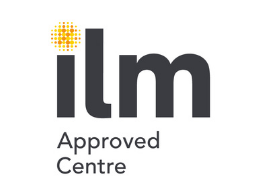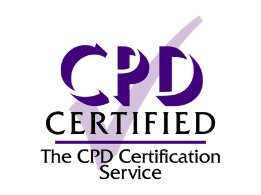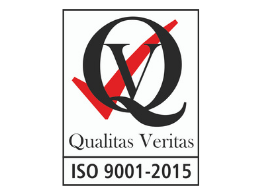Developing Emotional Intelligence (EI)in your Workplace
 A lot has been written on this topic since Daniel Goleman first published the iconic book Emotional Intelligence ‘Why it can matter more than IQ’ back in 1996. Yet there are many organisations that have not taken the opportunity to explore what Emotional Intelligence has to offer.
A lot has been written on this topic since Daniel Goleman first published the iconic book Emotional Intelligence ‘Why it can matter more than IQ’ back in 1996. Yet there are many organisations that have not taken the opportunity to explore what Emotional Intelligence has to offer.
Whilst many organisational development teams are working adding EI initiatives to the development mix, many still ignore the massive opportunity to create an Emotionally Intelligent Leadership Team to get the best from and for the workforce.
Goleman’s work refers to four key skills of EI:
Self-Awareness, Self-Management, Social-awareness and Managing Relationships
Self-Awareness
Self-awareness is of course the first point of focus as without it, none of the other three can be influenced in any meaningful way. Without feedback people don’t know for sure how the rest of the world experiences them. Awareness also includes what you notice and how you interpret the actions, motivations and emotions of others.
One of the most powerful methods of increasing self-awareness is with a well-planned 360 degree feedback process including one to one coaching sessions with the recipients of the feedback.
What sort of awareness would this provide?
- For many, the surprise is how well they are actually doing
- Some come to realise that behaviours they use and actions they do or do not take may be having unhelpful consequences
- Recognising the impact of their behaviour on self, others as well as on task outcomes
- Identifying personal ‘internal drivers’ that govern our decisions, actions and reactions.
- Recognising opportunities to turn off ‘automated responses’ that are part of previous programming
- Reinforce positive aspects and how to get the best from strengths
- Create a plan to deal with personal development needs
- Create action plans to help with specific feedback they gain
- Sometimes there are few weaknesses – just feedback to ‘delegate or communicate more’, ‘learn to say no more often’ or spend more time with the team
At a deeper level people get to recognise how their emotions work and how ‘real’ these become and how they control reactions. Without this knowledge, some people can carry unnecessary emotional baggage throughout their lives.
Self-Management
With increased self-awareness people are in a better position to make choices about how they deal with issues, challenges and the behaviours and actions of others.
There is plenty of advice out there about what people should do but people have to find the strategies and techniques that work for them personally.
A very common question is “But how do I stop myself from getting angry or anxious (or any other emotion)?” It is relatively easy, with practice, to shift the focus of attention from being judgemental about a person or situation to being curious about why and how things are happening.
Good self-management relies on self-awareness and the acceptance that we are not perfect and if we watch out for the emotional ‘triggers’ with which we can create new opportunities and possibilities. Otherwise we just repeat well practiced reactions.
Social Awareness
We all have physical, social and emotional needs and in the workplace, the behaviours and action of others can cause unnecessary tensions, taking the focus away from the work and creating a lot of work for HR departments. Social profiling models like Insights and Tracom Social Styles helps groups of people understand the differences in ‘how they tick’. These models provide a common descriptive language to help people understand each other better, replacing subjective, judgemental and often negative language which only increases tension and animosity.
Managing Relationships
Not many people turn up at a new job knowing that they will have to work with people who they probably will not ‘like’ and that many working relationships will need to be managed.
Building on the first three skills of EI, people can identify what types of relationships they need with others to get the job done as well as managing the personal differences in order to succeed.
Advice is to be objective and practical, not everybody can be your friend. Think about who can help you achieve your goals and who you need in your circle of trust. With whom will an acceptable amount of tolerance help?
Next Steps
If you would like to explore Developing Emotional Intelligence (EI) in your Workplace , please contact us today on 01252 737526 or info@progressint.com







